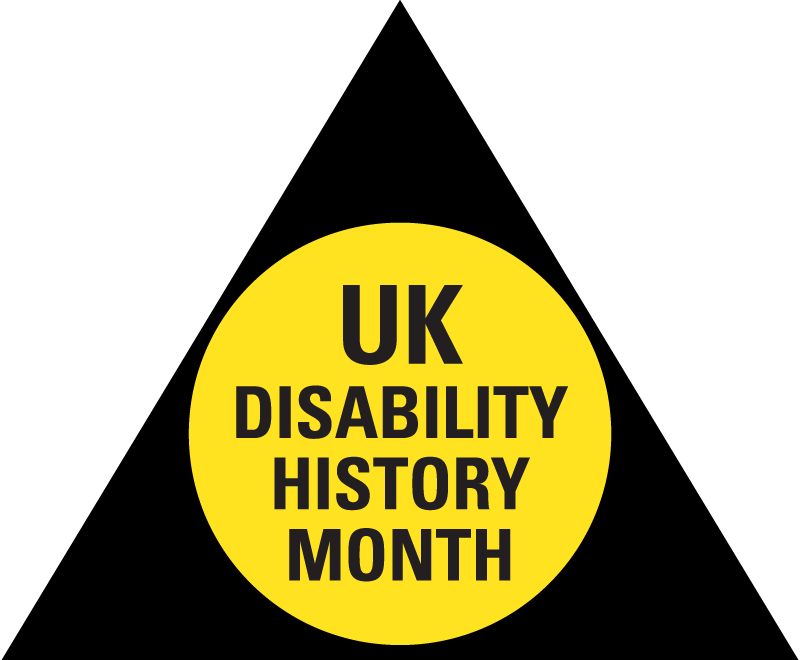D4 Activities KS2 3 The live’s of disabled people in C16th Century
In the crowded and unhealthy cities of Elizabethan England, conditions that resulted in long term impairment were very common. The city of Norwich carried out a ‘census of the poor’ in 1570, gathering information about the lives of 1,400 of the poorest people in the city. Among them were 63 disabled men and women with ‘lameness’ or ‘crookedness’ of the arms or legs, missing limbs, blindness or deafness.
Crookedness was an early English term to describe people seen as misshapen in their bodily form. Lameness was a term meaning restricted use of one or more limbs applied to arms as well as legs.
Their lives were surprising. Although poor, many were in work; the women were spinners or knitters, while some of the ‘lame’ men were labourers. William Mordewe, a blind baker, was still working at the age of 70, aided by his young wife Helen. Almost all the disabled men and most of the disabled women were married to non-disabled people and many had children. Their marriages were stable and long-lasting (even though two disabled women were identified as ‘harlots’). Although they were often poor, disabled people were very much part of work and family life and they lived at the heart of their communities.
People we would recognise today as having learning disabilities also lived in their communities rather than in institutions. Known as ‘natural fools’, ‘innocents’ or ‘idiots’, they were expected to stay with their families and work if possible. If the families were struggling because of ill health or extreme poverty, they might receive assistance from the parish.
Activities KS2/3
1. What have you learnt about the lives of disabled people in C16th?
2. Identify five words used then to describe disabled people and use a dictionary to find the meanings.
3. Are any of these words used today? What do you think they mean?
4. Give one example of a disabled person living an ordinary life.
5. Do you think disabled people live ordinary lives today and when did they not ?
( from Simon Jarrett http://www.english-heritage.org.uk/discover/people-and-places/disability-history/1485-1660/daily-life-of-people-with-disabilities/)
